Screen all Rohingyas for coronavirus: Indian home ministry to states
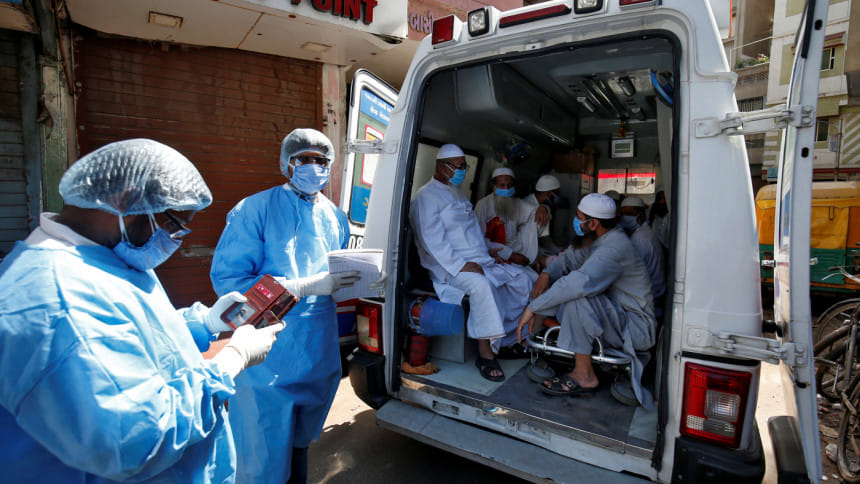
The Indian home ministry has asked all states to trace and medically screen all Rohingya Muslim refugees in the country over concerns that they may have attended Tablighi Jamaat's congregation and Ijtema resulting into contraction of coronavirus.
Home Ministry Deputy Secretary K Srinivas has sent a letter to the top officials of the states asking them to screen Rohingya Muslims living under their jurisdictions, reports our New Delhi correspondent.
"It has been reported that Rohingya Muslims have attended 'Ijtemas' and other religious congregations of Tablighi Jamaat and there is a possibility of their contracting Covid-19," said the letter.
It said the Rohingyas residing in camps in Hyderabad had attended Tablighi Jamaat Ijtema in Haryana state and also attended the meet at the outfit's event in its headquarters in Delhi in March but have not returned to their designated camps.
The event in Nizamuddin locality of south Delhi emerged as one of the biggest coronavirus clusters in India. More than 500 Covid-19 positive cases and about 20 deaths in the country were found to have links with the Tabligihi Jamaat meet at Nizamuddin.
Last month, eight Rohingya Muslims, who have been living in Jammu, were put in quarantine after they attended the Nizamuddin meet.
Similarly, Rohingyas living in Delhi's Shram Vihar and Shaheen Bagh localities who had gone for Tablighi Jamaat activities, have not returned to their camps yet, our correspondent reports quoting the ministry's letter.
The letter said that there are also reports from Derabassi in Punjab and Jammu area of Jammu and Kashmir about the presence of Rohingya Muslims, who have come there after working for Tablighi Jamaat.
"Therefore, Rohingya Muslims and their contacts may need to be screened for Covid-19. Accordingly, necessary measures may be taken in this regard on priority," the letter added.
According to the Indian home ministry, there are around 40,000 Rohingya refugees living in different parts of India, including Delhi, Jammu and Hyderabad.
Over 2,300 activists of the Tablighi Jamaat including 250 foreigners were found to be living at its headquarters in Nizamuddin last month despite the nationwide lockdown to contain the spread of coronavirus.
At least 9,000 people took part in the congregation at Nizamuddin Markaz last month after which many travelled to various parts of the country for missionary works. The participants included citizens of 41 countries—including 110 Bangladeshis, 379 Indonesians, 77 from Kyrgyzstan, 75 Malaysians, 65 Thai nationals, 63 Myanmarese and 33 Sri Lankans.
The home ministry had also asked the Delhi Police and police chiefs of other states, where these foreigners are currently living, to take legal action under the Foreigners Act and the Disaster Management Act.
The home ministry had said about 2,100 foreigners have come to India since January 1 and indulged in Tablighi activities in different parts of the country.

 For all latest news, follow The Daily Star's Google News channel.
For all latest news, follow The Daily Star's Google News channel. 

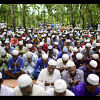
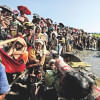
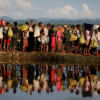
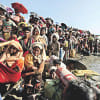
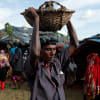


Comments